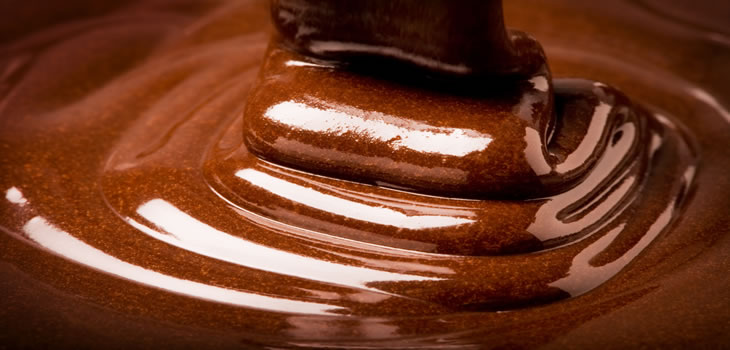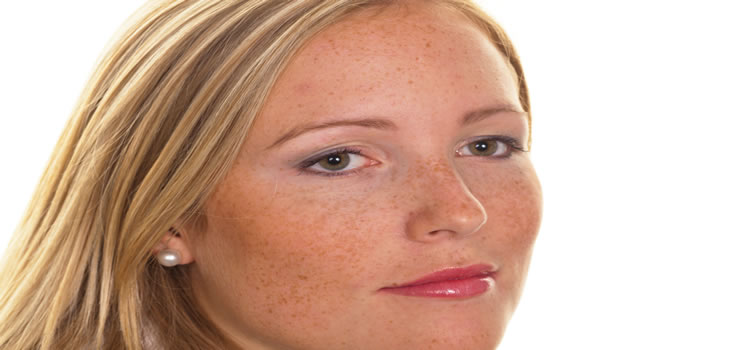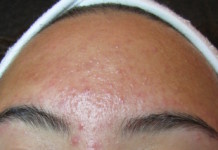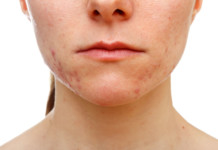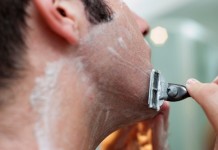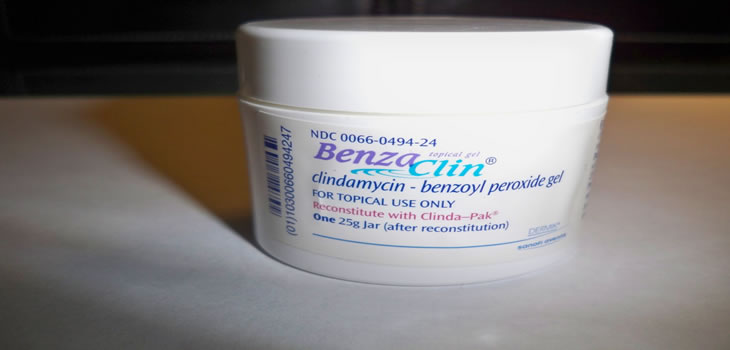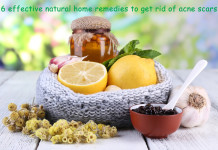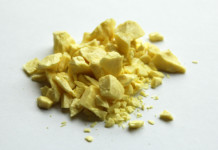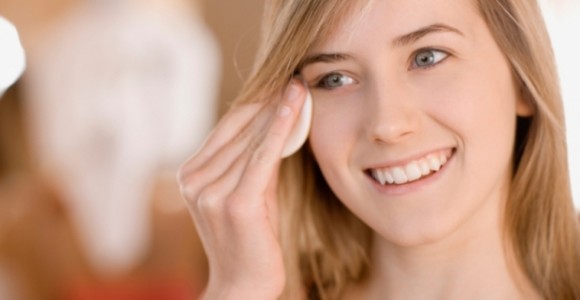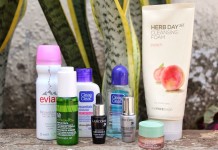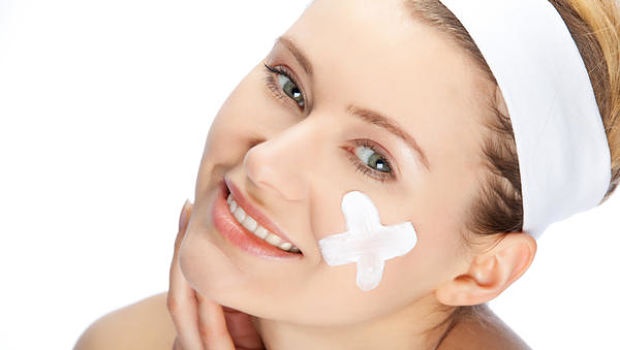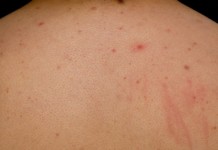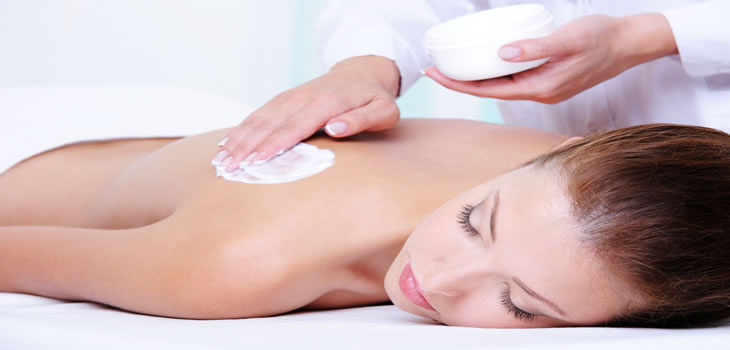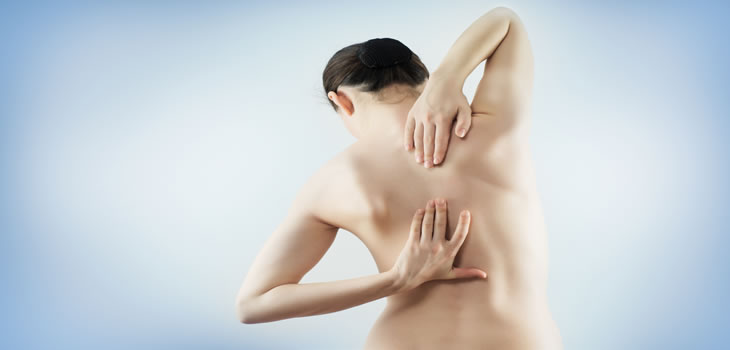 Genital acne is not something many people talk about. This particular skin condition can be quite tricky to treat as well. Acne on the face, back, chest, shoulders, and neck can be treated with topical or oral medications. However, the very same treatment might not work for genital acne. Utmost care, hygiene, and proper treatment are required to get rid of this uncomfortable, sometimes painful, and embarrassing problem.
Genital acne is not something many people talk about. This particular skin condition can be quite tricky to treat as well. Acne on the face, back, chest, shoulders, and neck can be treated with topical or oral medications. However, the very same treatment might not work for genital acne. Utmost care, hygiene, and proper treatment are required to get rid of this uncomfortable, sometimes painful, and embarrassing problem.
Genital acne can affect men and women alike. Misconceptions and confusions may arise relating genital acne with sexually transmitted diseases. You should know that many STDs have at least one symptom that could resemble acne. So during diagnosis your doctor first needs to rule out the possibility of your condition being a STD symptom. Once this is established you need to focus on how to deal with the issue.
Why does genital acne occur?
Acne in the genital area may be caused by two major reasons. The first reason involves the overworking of sebaceous glands, open pores that may get plugged, and excessive bacterial buildup. The second reason is a less known one. The apocrine glands present in the groin area, near the nipples, and under the arms are involved in a particular condition known as Hidradenitis Suppurativa. This condition looks very much like acne. The apocrine glands do not develop fully at times. When grime, oils, and sweat stick to these glands and the surrounding tissue they can get clogged causing inflammation, infection, and acne-like lesions. Harsh laundry detergents in which underwear have been washed, tight clothing, and synthetic underwear may be the cause of this condition.
Genital acne may also be a result of skin irritation in the genital area. When the skin dead cells come off and combine with toxic body secretion, rapid multiplication of bacteria takes place. This causes severe blockage of the pores resulting in genital acne.
How can it be treated?
The most important and basic aspects of treating genital acne are keeping the area bacteria-free, clean, and using the right underwear. Switch to a skin-friendly laundry detergent and make sure the clothes are properly rinsed before drying. Sometimes residual detergent can be a huge irritant. Use a mild cleansing solution to wash your private areas and make sure you wipe dry. Medicated intimate hygiene products are a good choice. If your condition is persistent then it is better to consult a dermatologist who can prescribe the right medications and advise the right course of action. Be safe and do not venture to use your facial acne spot treatment medications or ointments on such a sensitive area. You may end up worsening the situation.
Remember if you have a problem, be informed about it, talk to someone who knows, and find a solution. Just because the problem cannot be seen doesn’t mean it is non-existent.



